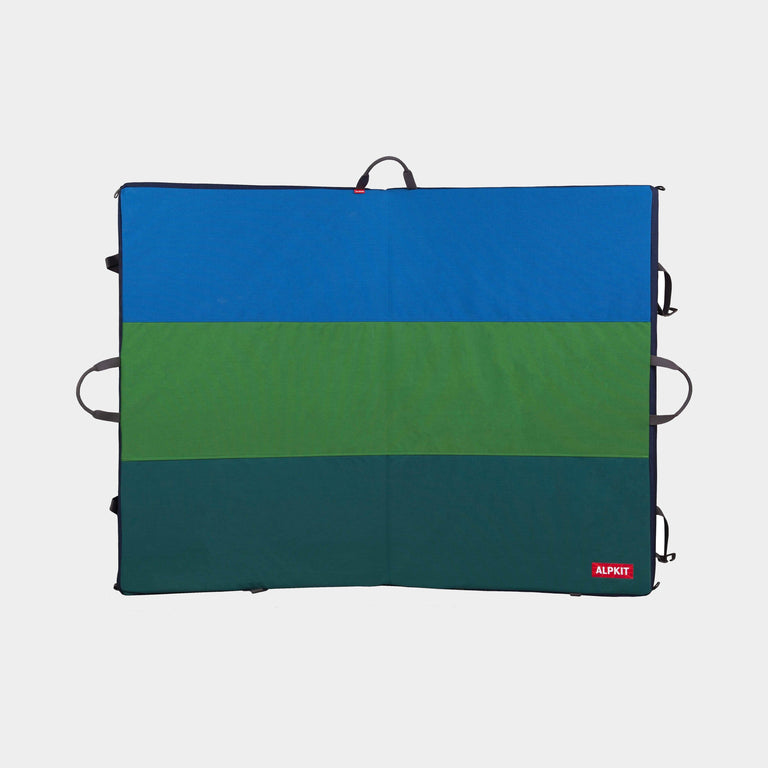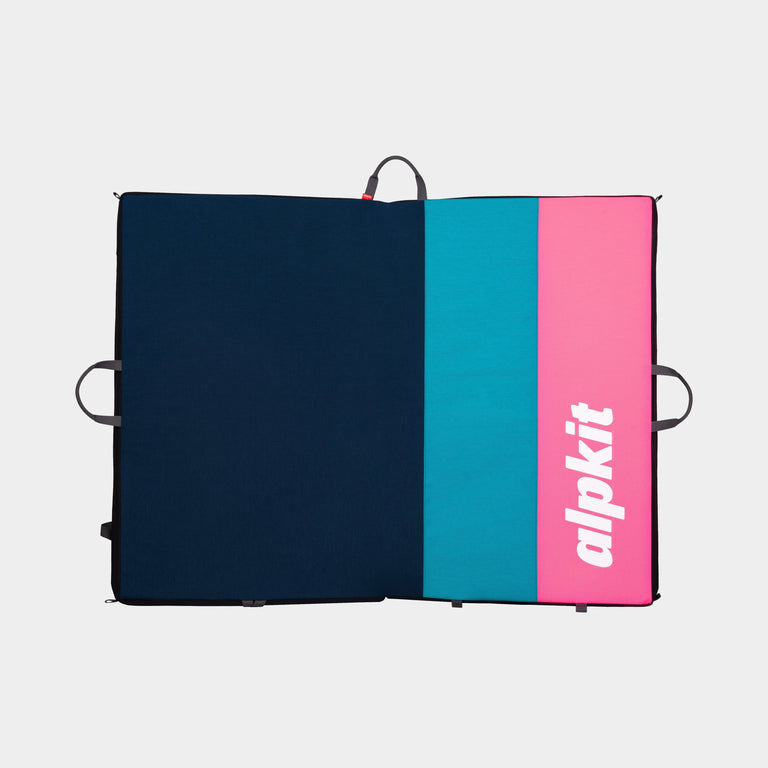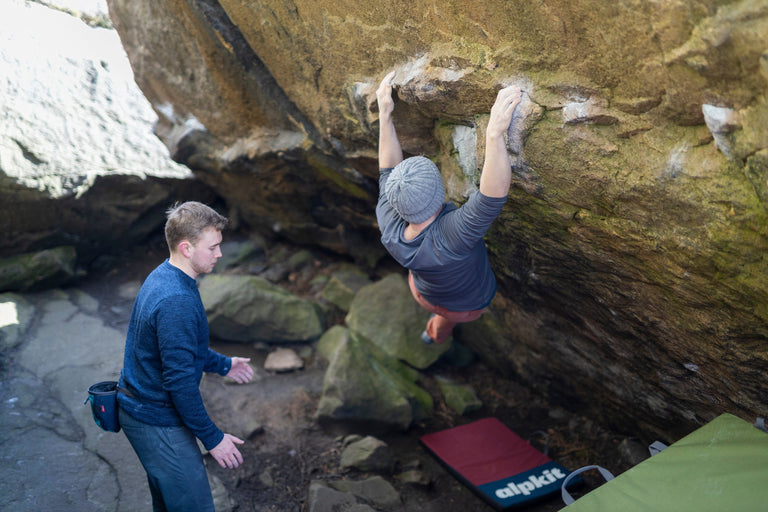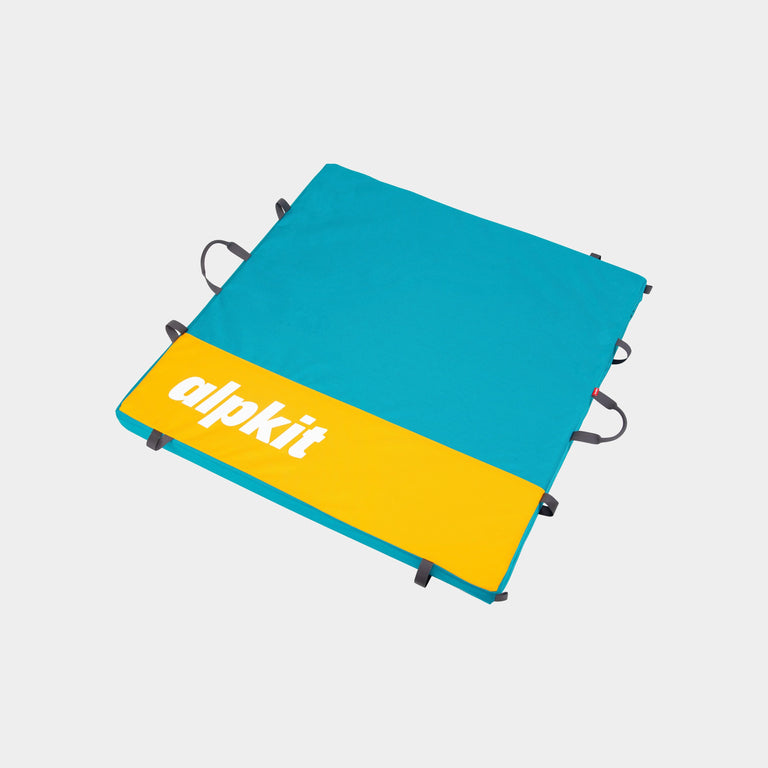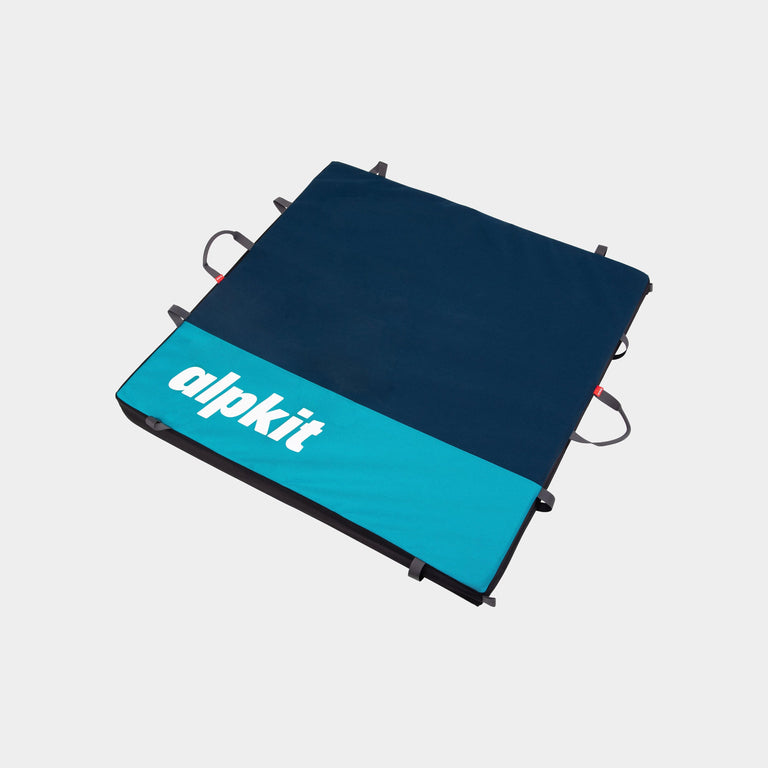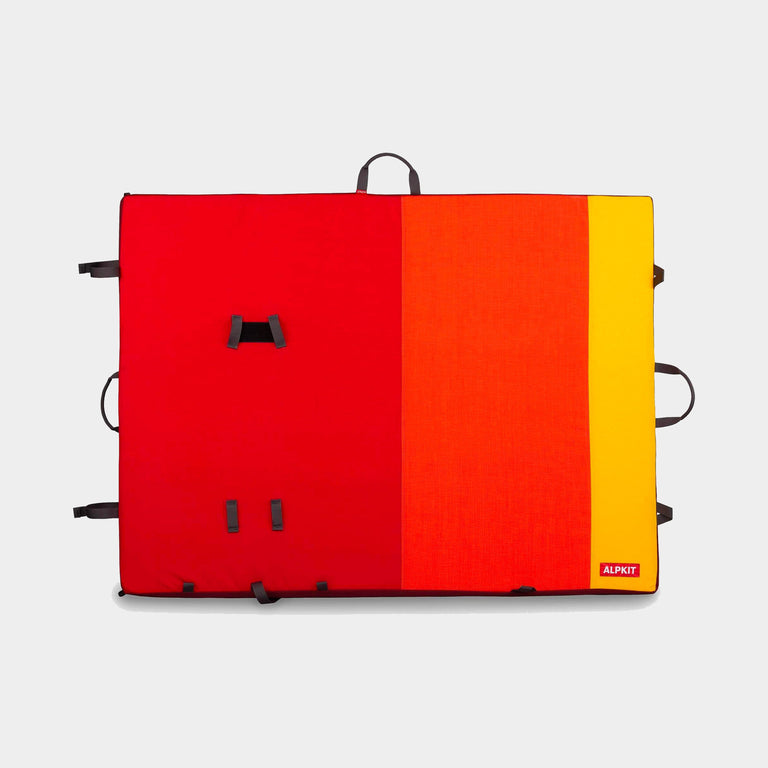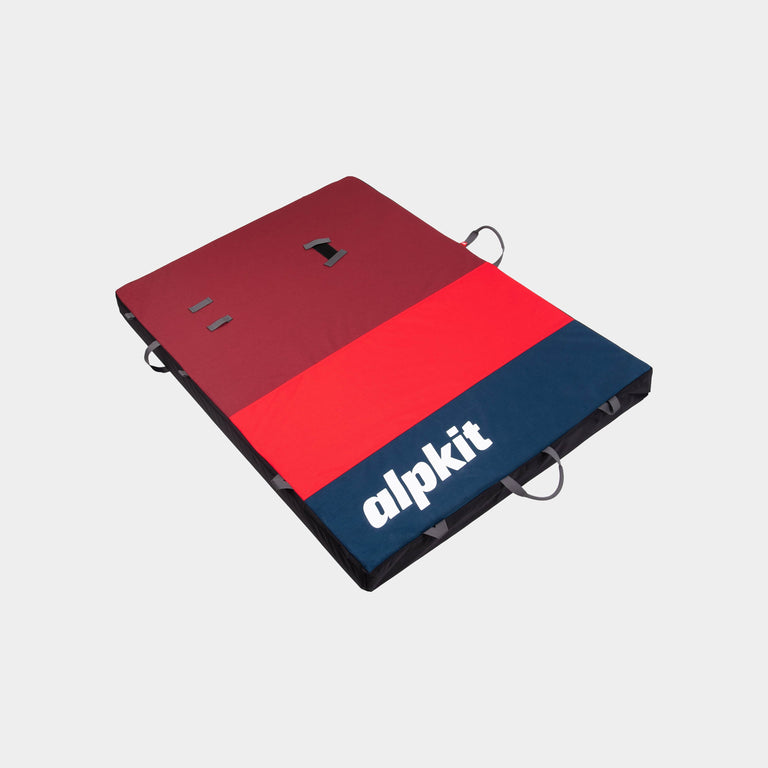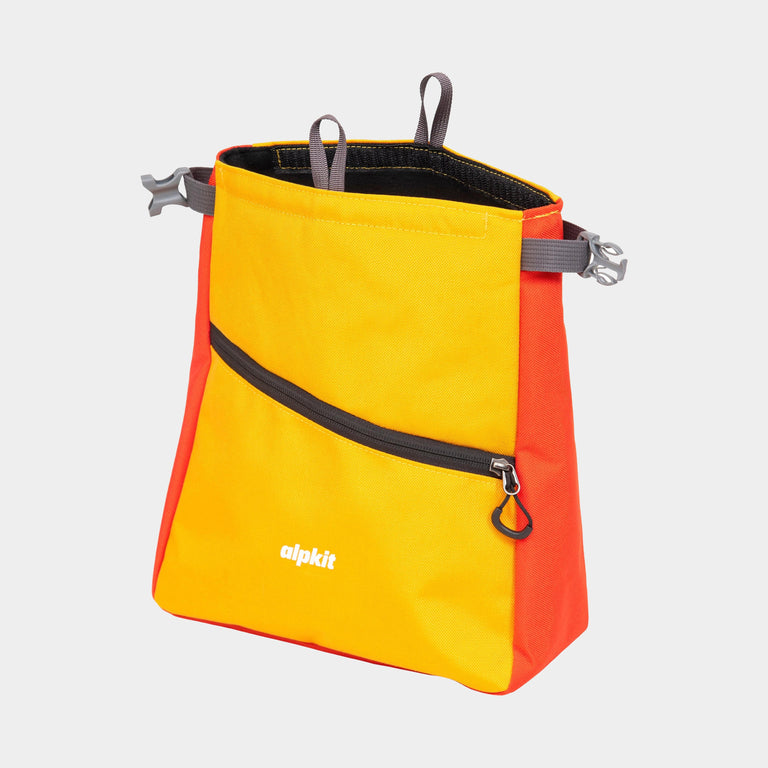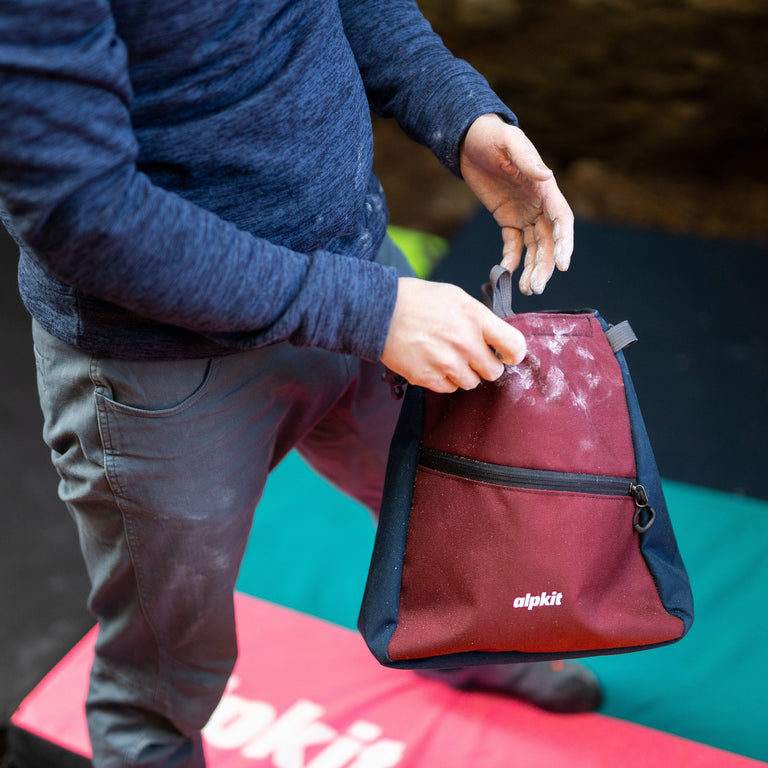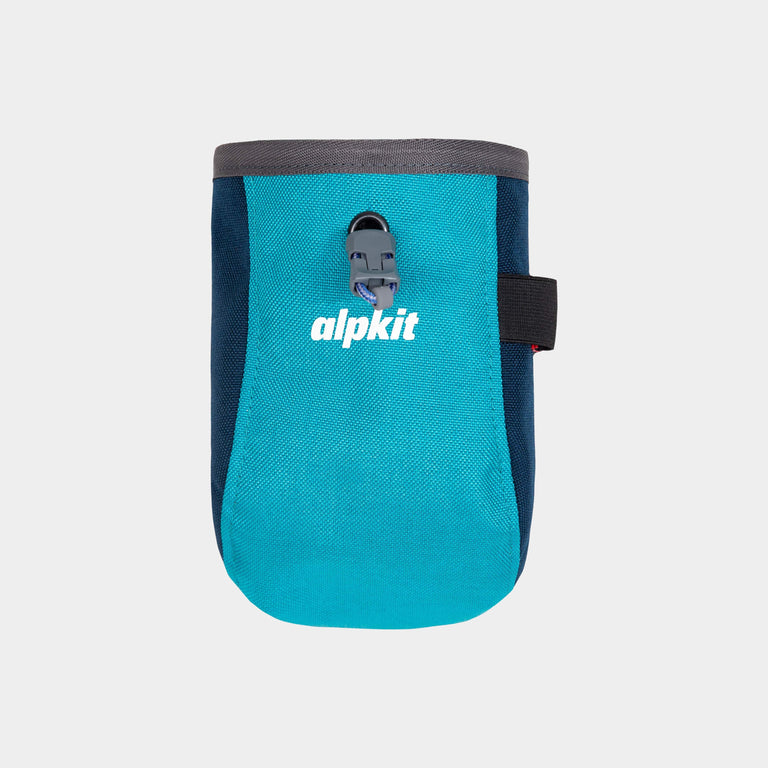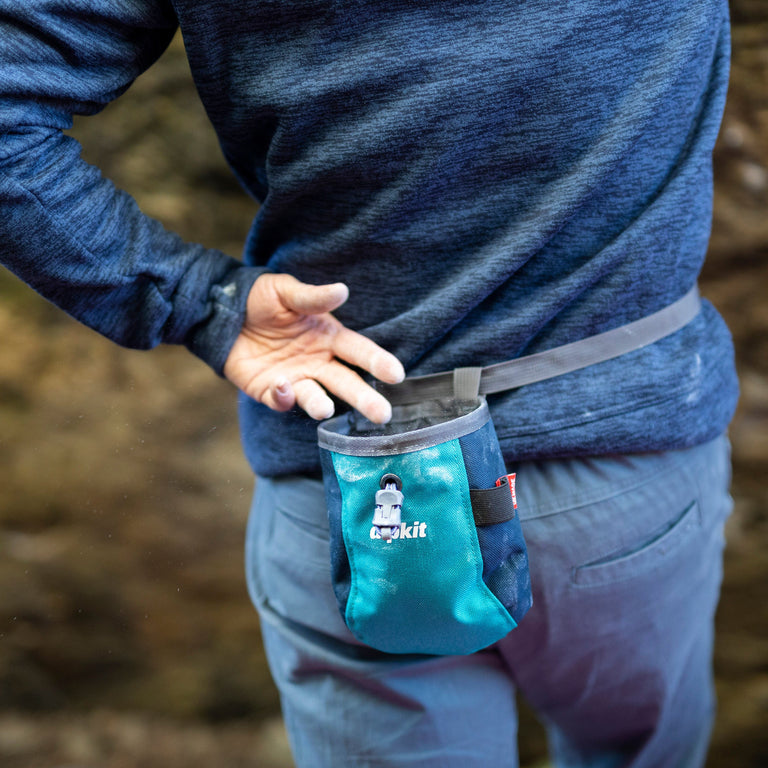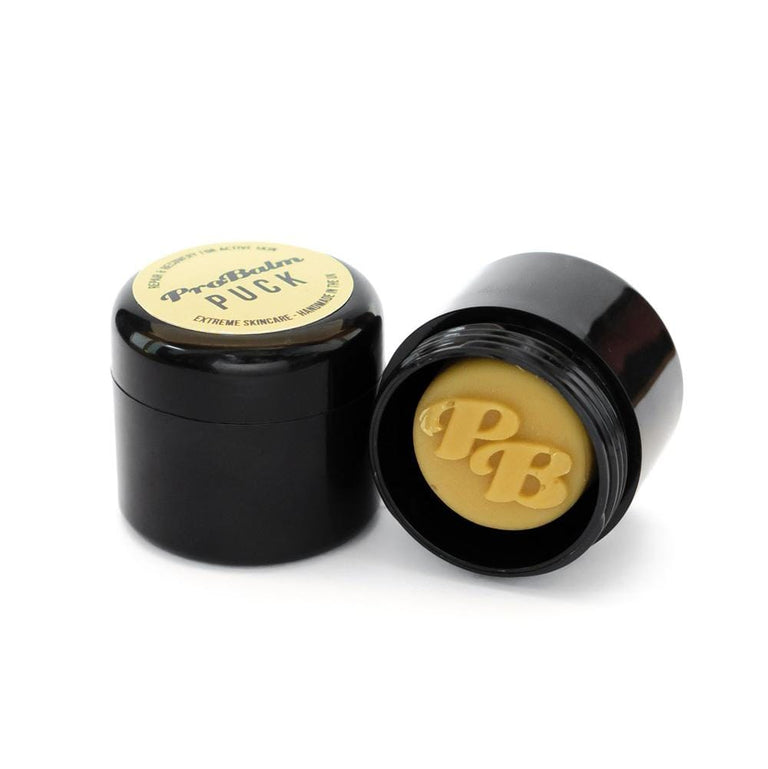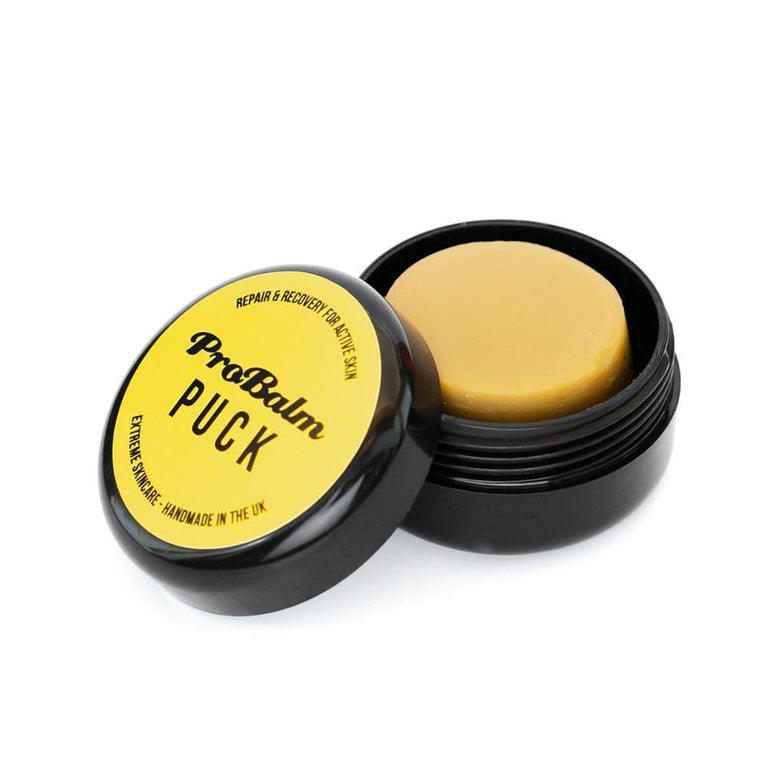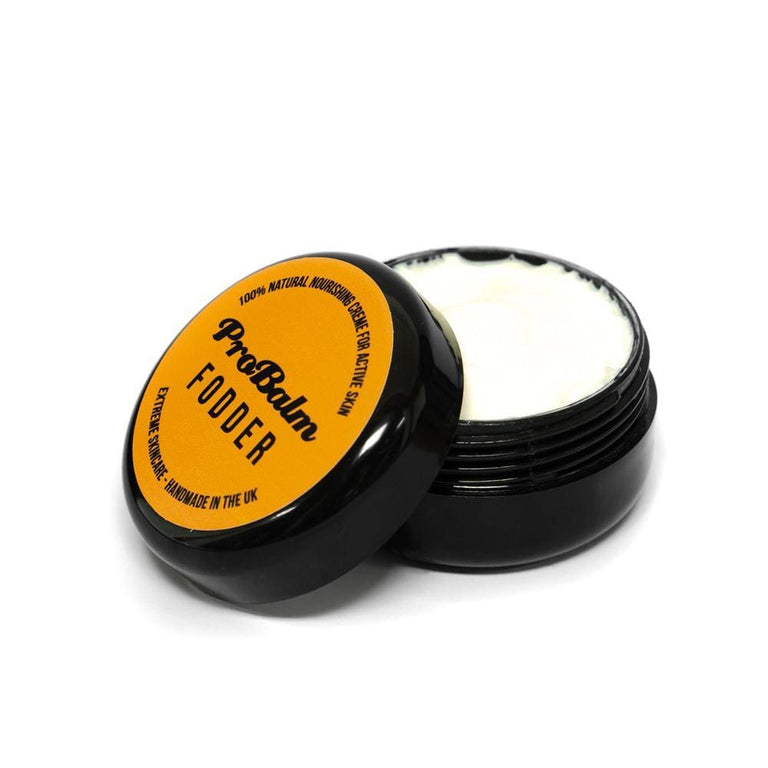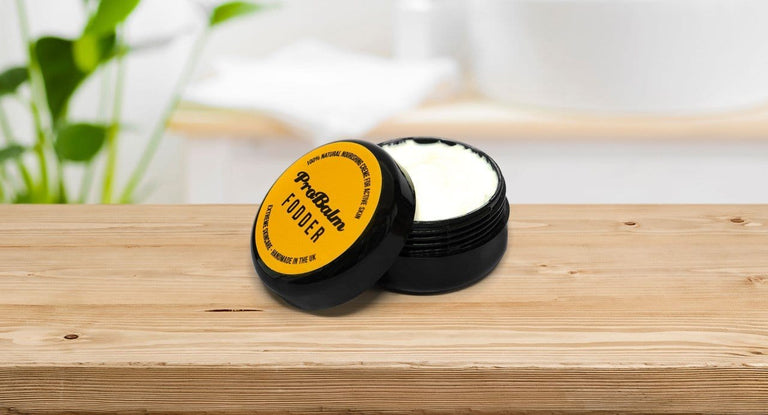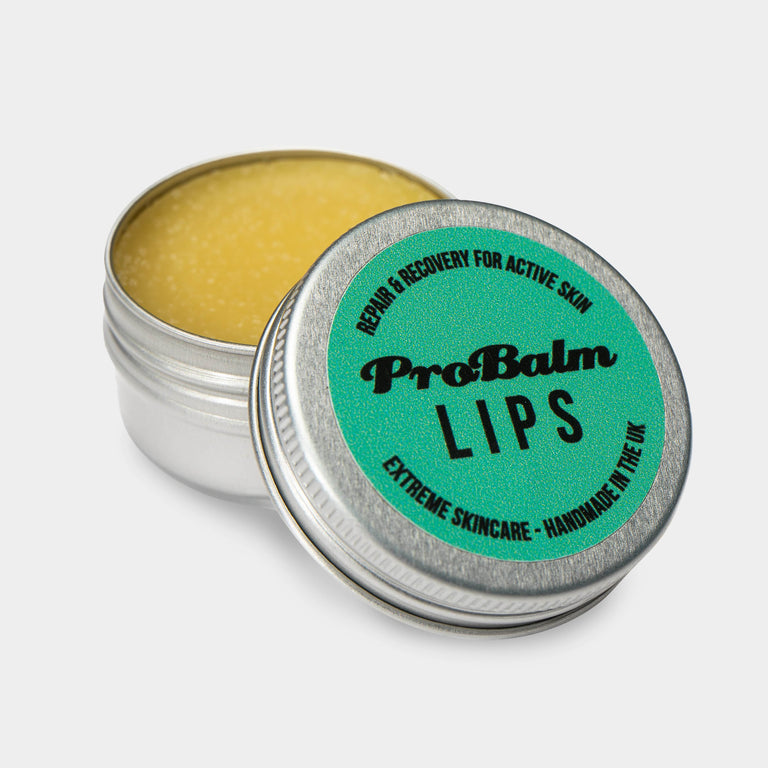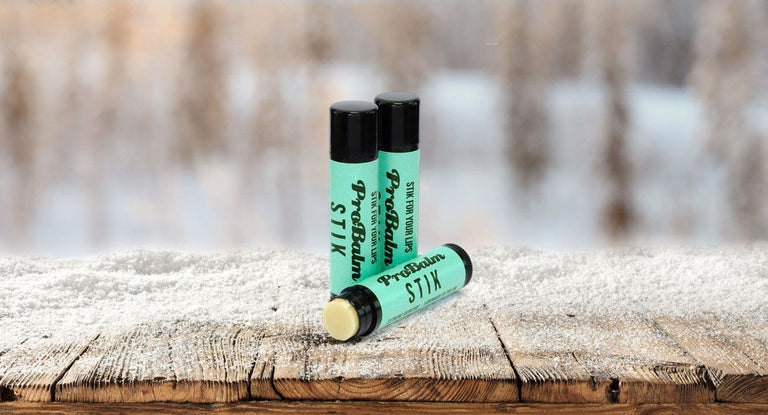Competition climbing in the UK, scaling new heights in competitive climbing.
With Beth placing highly in international competition we take a peek behind the scenes of the British Junior Climbing Team to see what’s going down. To help us we have called up four people who know something about it; Anne Arran, Graeme Alderson, Alan Monks and of course Beth Monks herself.
The structure
The rather grand sounding Junior British Climbing Team represents the UK in international competitions and is administered by the British Mountaineering Council (BMC) with an enormous amount of voluntary help.
The competition circuit (organised under the umbrella of the UIAA-ICC - the international governing body of competition climbing) is world wide and to participate requires proper funding, for example the team has recently been to Imst in Austria, Beijing in China and Kranj in Slovenia.
Currently funding comes from a number of areas:
BMC
Sport England
Individual donations, mostly anon but a donation from Douglas Hall helped the Team to attend the World Youth Championships
Fund raising e.g. raffles at the London Outdoor Adventure Show and the NEC Outdoors Show
The Westway Climbing Centre, the amount depends on the generosity of their customers
So how difficult is it to find people willing to support the team?. Youth team coach Anne Arran explains that although things have got easier they still need greater institutional support.
“things have got easier than they used to be but we have a little way to go before we get the kind of support that some of our European neighbours enjoy, I have see in Arco (Italy) that youth climbing events are significantly supported by the local council and companies.”
Local, regional, national and international
So, you are a budding young climber and want to break into the competition scene, what do you do?. A good place to start is with friends at your local climbing wall where you can find informal bouldering leagues and inter-wall competitions. You may also find that your local school or volunteer organisations such as the scouts is organising something. The next step would be the annual British Regional Youth Climbing Series (BRYCS). The BRYCS is a series of regional events with a national final and is aimed at climbers of all ages and abilities. This year the final was held at the Westway leisure centre in London. If you want to stand a chance of being considered for the British Team you should be competing in the British Indoor Climbing Championships (BICC’s). After every series the coaches and managers get together and debate who should be on the Team, a good ranking in this series helps your case. Currently there are circa 350 people competing in the BRYCS and 45 competing in the BICCS. It is not only an opportunity to compete but also to make friends all around the country.
The website of the BMC or UKClimbing.com are good places to find what events are happening in your area.You can also contact Graeme and he may be able to put you in touch with people if you have problems getting around or do not live near a training facility.
Life in the team
So let’s say you make it on to the team what happens next? You will find people like Anne Arran who will help you develop both your climbing skills and mental approach. It is no boot camp but you should be prepared to put the effort in, but if you have got this far you know that already. Anne stresses that although it is hard work you should enjoy what you are doing.
“You will need to show enthusiasm for what you are doing, keenness to learn and an ability to be focused and determined whilst still having fun. Even though you will be in a team environment every athlete is treated as an individual and will learn to push themselves, but also when to hold back.”
This individual treatment is essential with young climbers and as such is taken very seriously by the coaches who will develop training programs to suit individuals in collaboration with parents. Thankfully training techniques and facilities have moved on from monotonous lapping on a gym wall and are aimed to stimulate progress, avoid injury and work towards reachable goals.
“Growth patterns, schooling considerations, maturity, co-ordination, concentration span, all of which can be different for different age groups. Really the same considerations as dealing with any other young athlete or group of athletes from different sports. Other specialist info is gained from sports scientists.”
Communication is important to ensure that the activities of the team fit in with other aspects of life and as such parents are invited to team training and can speak to Graeme Alderson, Tony Powell or any other member of the team management. It is important that parents know what is expected of their children as part of the team, have access to information about the risks of climbing, mountain activity and that they feel able to communicate to be able to support their children.
Unless your name is Peter Pan you are not going to be a junior for ever. Nationally you are a junior up to 16, internationally it is different with the categories being based on your year of birth. The oldest category is currently for those born in 1986/1987, this means that climbers can be 19 and still be a junior. Jemma Powell, Tom Bolger, Ben West are all in the Junior and Senior Teams. odd hey! Further overlap is promoted by training together with the senior team, like this years trip to Fontainebleau for example.
Focussing on success
At this level the competition really is the best in the world and this is promoted in what Anne describes as “a healthy manner”. Despite the improvements in the British system it still has some way to go before it can match the specific training programmes and infrastructure that the Austrian, French and Slovenian teams have all enjoyed for some time. These are the stronger European nations and often have better training facilities, weather and rocks!. Achieving consistency must be the aim of any team setup and the Youth Team should be encouraged to see some strong performances last season by the senior bouldering team with Mark Croxall winning a world cup event at Birmingham and both Gareth Parry and Andy Earl regularly qualifying for the finals. You can keep up to date with the latest results online at the ICC website and you will see that amongst other things they have perfected the art of taking very bad profile photos, you have been warned!
But it is not all for the young ones, the process is rewarding for all involved. In the words of coach Anne:
“.you can’t help want them to succeed. It is also an inspiration to see how they develop their climbing talent and I wish that I had been able to start climbing younger or have some training at an earlier age. For me though my climbing motivation and aspirations come from me and I think they always have done ever since thinking how brilliant is was in Wales, standing on a ledge, many feet up where not many people could be. Not only that but experiencing the pleasure of movement on the rock.”
More infos
UK Sport
BMC
Rockmaster
UIAA
Anne Arran

